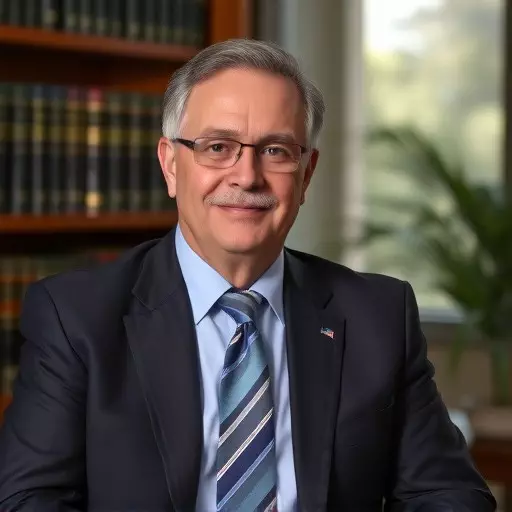In Palo Alto, California, consulting a healthcare directives lawyer is crucial for creating advance healthcare directives (living wills) that align with religious and personal beliefs. These legal documents empower individuals to make informed end-of-life care decisions, appoint a proxy, and specify medical treatment preferences, ensuring their wishes are respected while providing peace of mind for families. Such proactive steps facilitate harmony between spiritual beliefs and modern medical practices, respecting individual choices even in complex ethical dilemmas.
In today’s diverse society, navigating religious considerations in healthcare planning is paramount. This comprehensive guide explores critical aspects of advance healthcare directives and living wills from a legal perspective, highlighting their significance in religious caregiving. We delve into ethical dilemmas, empowering patients while balancing their faith with medical decisions. With insights from a healthcare directives lawyer in Palo Alto, California, this article offers practical steps for individuals and families to ensure respectful, sensitive planning. Case studies further illustrate the complex interplay between religion and healthcare.
- Understanding Advance Healthcare Directives: A Legal Perspective
- The Role of Living Wills in Religious Caregiving
- Navigating Ethical Dilemmas: Religious Beliefs and Medical Decisions
- Empowering Patients: Legal Requirements and Religious Sensitivity
- Case Studies: Balancing Religious Faith and Healthcare Planning
Understanding Advance Healthcare Directives: A Legal Perspective

The Role of Living Wills in Religious Caregiving

In many religious traditions, individuals often seek to align their end-of-life care with their spiritual beliefs and values. This is where living wills, also known as advance healthcare directives, play a pivotal role in religious caregiving. These legal documents allow individuals to express their wishes regarding medical treatments and interventions should they become unable to make decisions for themselves. For instance, a patient might specify their preference for certain types of care or choose to decline life-prolonging procedures based on their faith.
In Palo Alto, California, where diverse religious communities coexist, consulting with a healthcare directives lawyer is increasingly common. These legal experts help individuals draft living wills tailored to both their medical and spiritual needs. By creating these directives, believers can ensure that their care aligns with their faith’s teachings, providing peace of mind and guiding their loved ones in the event of their incapacity. This proactive step is particularly important as it fosters a harmonious intersection between religious beliefs and healthcare planning.
Navigating Ethical Dilemmas: Religious Beliefs and Medical Decisions

Navigating Ethical Dilemmas: Religious Beliefs and Medical Decisions
In a diverse society like the United States, where freedom of religion is enshrined in law, healthcare planning often involves intricate ethical dilemmas that require delicate navigation. For many individuals, their religious beliefs play a significant role in guiding medical decisions. A healthcare directives lawyer in Palo Alto, California, can help patients and their families create advance healthcare directives or living wills that align with these deeply held convictions. These legal documents ensure that wishes regarding end-of-life care, life-sustaining treatments, and other medical interventions are respected even when patients become incapacitated.
When religious beliefs clash with modern medical practices, it’s crucial to have open conversations between patients, healthcare providers, and legal experts. A living will allows individuals to specify their preferences, such as refusing certain treatments based on faith or cultural traditions. This proactive approach not only honors personal values but also fosters a collaborative environment where ethical decisions are made with compassion and understanding, ensuring that medical care remains consistent with an individual’s spiritual and moral framework.
Empowering Patients: Legal Requirements and Religious Sensitivity

Case Studies: Balancing Religious Faith and Healthcare Planning



